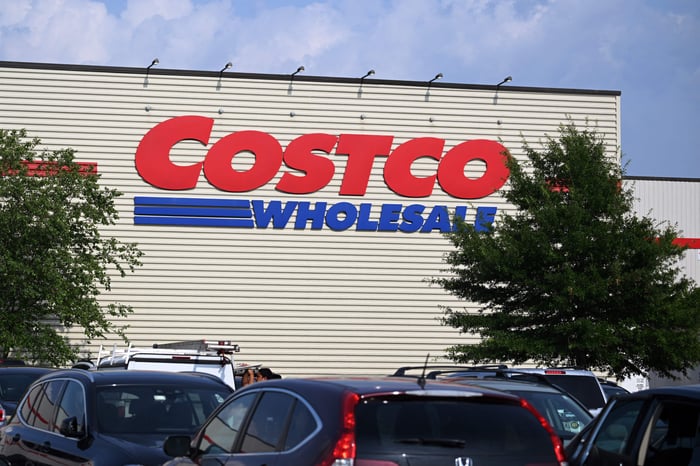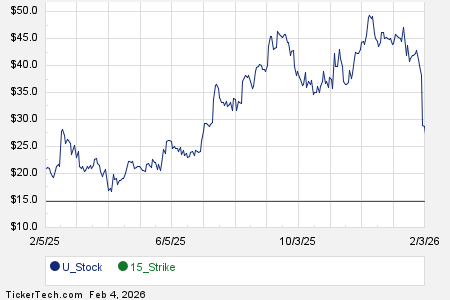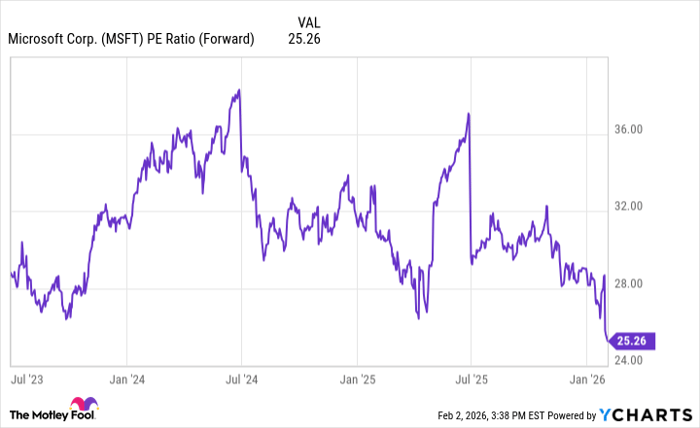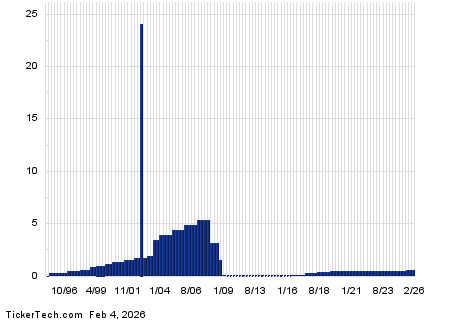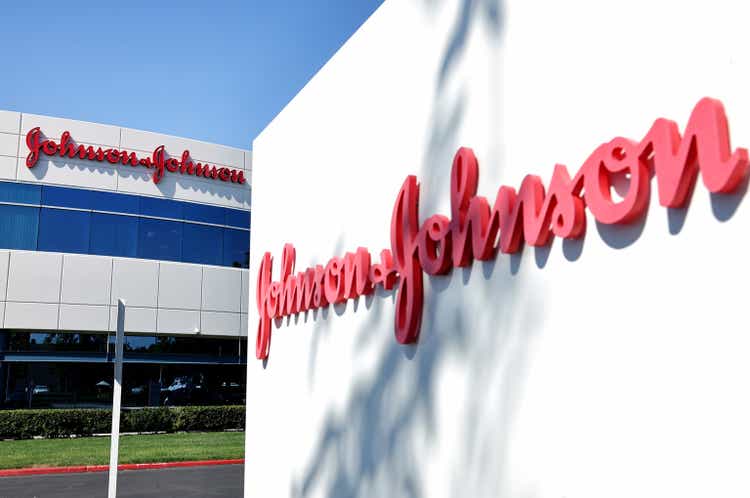
Howdy, investors!
Johnson & Johnson (NYSE:JNJ) stands out as one of the sturdiest businesses worldwide, boasting an AAA credit rating higher than the AA+ rating awarded to the U.S. government.
It has raised dividends for over 60 years and I maintain that, this defensive stock is suitable for most portfolios. In a recent piece on Procter & Gamble (PG), I detailed my fondness for allocating a portion of my capital to Staples due to their resemblance to JNJ, which, in my estimation, is positioned to outperform the S&P 500 (SPX) over the next few years with notably lower volatility. Today, I unveil my forecast for the stock and make a strong case for a BUY rating at $160 per share.
What Makes JNJ a Stellar Business
Warren Buffet once said he would rather buy a great business at a fair price than an okay business at a great price. Indeed, JNJ is no question a great business.
Here’s why.
The company reported robust Q3 earnings with 6.8% YoY sales growth, surpassing consensus estimates by $300 Million, despite a 90% drop in Covid vaccine revenue. Notably, both segments in which JNJ operates performed well. Medtech, which accounts for about 35% of sales, witnessed YoY revenue growth of 10%. Innovative Medicine, the remaining part of revenues, saw similar growth in the U.S. (10.9% YoY), but sluggish performance in international markets resulted in an overall sales growth of just 5.1% YoY.
Following the Q3 earnings beat, management raised their full-year 2023 guidance slightly from EPS of $10-$10.1 to $10.07-$10.13, driven by full-year sales YoY growth of 7.2-7.7%.
Pharmaceutical companies rarely grow their revenues in a straight line. One of the biggest risks is the expiring patents of best-seller drugs and potential competition from other products. JNJ has one of the best track records of consistently growing their EPS with a 15-year growth CAGR of 5.5%.
Going forward consensus calls for 8% growth in 2024 and 4% in 2025. With a 2-year forward analyst hit rate of 100%, therefore I’m fairly confident that JNJ will be able to deliver on these targets and reach EPS of $11.15 by 2025.
JNJ’s balance sheet is second to none, highlighted by the AAA rating. The company has $30 Billion in debt but also holds $24 Billion in cash, resulting in net interest income of $277 Million year-to-date, making more money on their cash than they paid in interest on their debt.
The company also generates a ton of free cash flow, $12 Billion year-to-date to be exact. That means that JNJ could pay off all of its net debt (of $6 Billion) in just 6 months. It also means that they have the resources necessary to (1) invest in M&A to grow the business and (2) reward shareholders by dividends and share repurchases. Which they have done extensively, over the first 9 months of 2023, as they paid out $8.9 Billion in dividends and completed 100% of their share repurchase program, returning a further $2.5 Billion.
The Fair Valuation of JNJ
JNJ pays a dividend that yields nearly 3% and has a 61-year history of dividend increases with a 5-year dividend CAGR of 5.8%. With a payout ratio of just 45% and expected EPS growth at 4-8% over the next two years, it’s very likely that JNJ will continue its dividend growth streak.
On top of the dividend, the stock also trades at an attractive valuation of 16.2x earnings, which is below its lifetime average of 16.8x and its 10-year average of 17.3x.
JNJ’s price and multiple have been extraordinarily stable over the years, including the Covid drop, which is barely visible in the chart below. I don’t see much potential for sharp multiple expansion for JNJ, but I’d argue that it’s not needed to make it a worthwhile investment.
Even if the multiple stays at 16.2x, over the next two years, investors are very likely to make 6% in dividends and 12% in EPS growth, for total annual growth of around 9%.
For the S&P 500 to return as much, it would need to reach 5,175 in 2024 and 5,600 in 2025. While possible, I’d argue that JNJ is more likely to deliver this sort of return and given its historical track record and exceptional AAA rating, it might even be able to achieve it with lower volatility.
As a result, I rate JNJ a BUY here at $160 per share.



